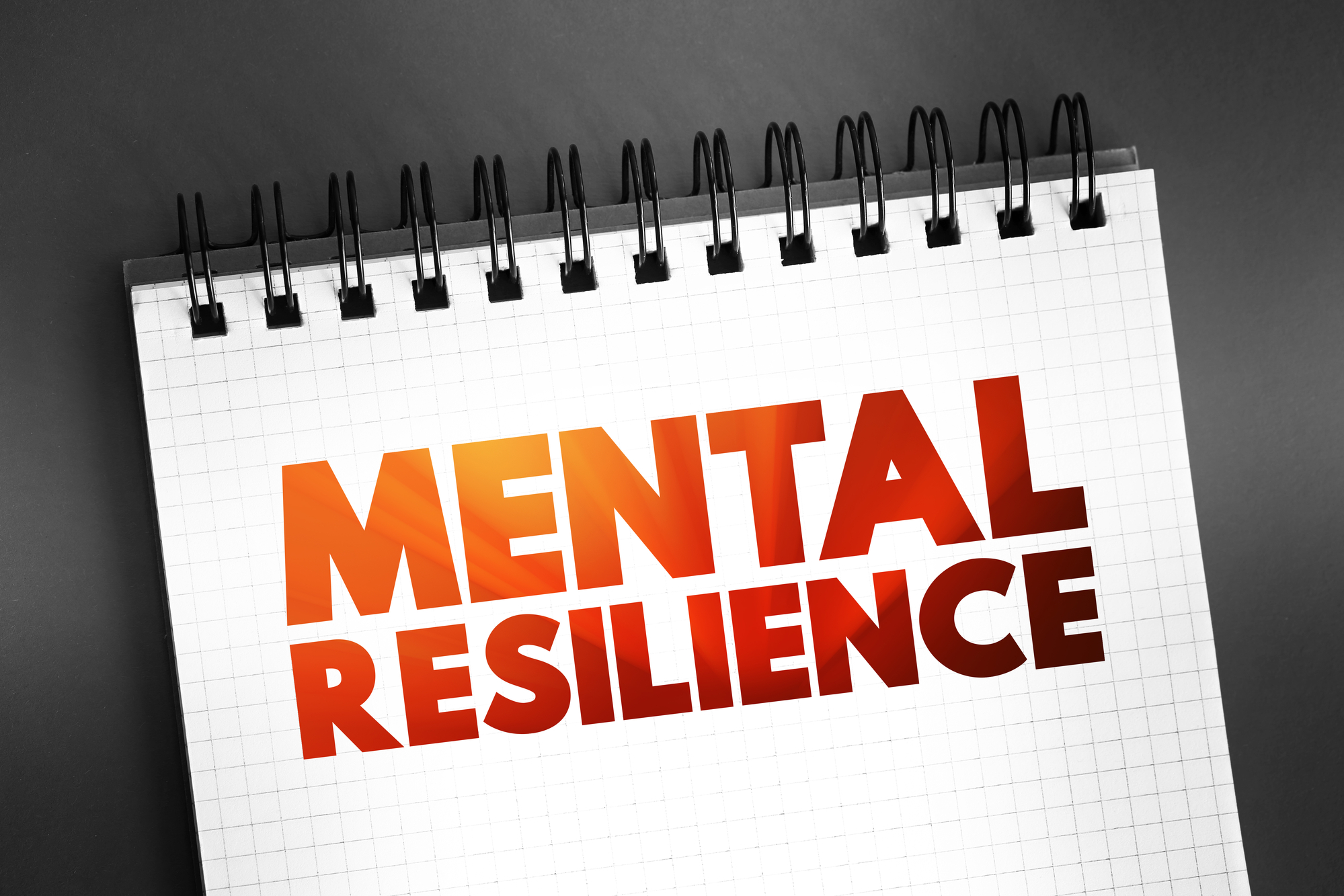In today’s fast-paced world, building personal resilience and managing anxiety are not just beneficial; they are essential. This guide aims to empower you, the reader, with knowledge and practical tools to enhance your mental health and resilience.
Understanding Resilience and Anxiety
Resilience is the ability to bounce back from stress, adversity, failure, challenges, or even trauma. It’s not a trait that people either have or don’t have; it involves behaviors, thoughts, and actions that can be learned and developed in anyone.
Anxiety, on the other hand, is a normal and often healthy emotion. However, when a person regularly feels disproportionate levels of anxiety, it might become a medical disorder. Anxiety disorders form a category of mental health diagnoses that lead to excessive nervousness, fear, apprehension, and worry.
The Building Blocks of Resilience
- Self-Awareness: Recognize your emotions, thoughts, and behavior. Understand your strengths and weaknesses.
- Optimism: Maintain a hopeful outlook. Expect good things and visualize what you want.
- Self-Care: Engage in activities that promote wellbeing and reduce stress. Exercise, meditate, and ensure proper rest and nutrition.
- Supportive Relationships: Foster connections. Share your experiences with friends, family, or support groups.
- Adaptability: Learn to be flexible. Accept that change is a part of living.
Tools for Managing Anxiety
- Mindfulness Meditation: Focuses on being intensely aware of what you’re sensing and feeling in the moment, without interpretation or judgment.
- Deep Breathing Exercises: Techniques like diaphragmatic breathing can reduce stress and promote relaxation.
- Cognitive Behavioral Therapy (CBT): A common type of talk therapy (psychotherapy) that helps you become aware of inaccurate or negative thinking.
- Regular Exercise: Physical activity can help lower anxiety and improve mood.
- Healthy Eating Habits: A balanced diet can contribute to better emotional balance.
Incorporating Science and Data
Recent studies underscore the importance of resilience and anxiety management. For instance, a 2023 Harvard study found that resilience training can significantly reduce stress and improve quality of life. Similarly, the Anxiety and Depression Association of America reports that anxiety disorders are highly treatable, yet only 36.9% of those suffering receive treatment.
How to Start Building Resilience and Managing Anxiety
- Identify and Understand Your Stressors: Keep a journal to identify stress triggers and your reactions to them.
- Set Realistic Goals: Focus on attainable goals and steadily work towards them.
- Develop Problem-Solving Skills: Work on strategies to face and solve issues.
- Seek Professional Help When Needed: Don’t hesitate to consult mental health professionals.
Conclusion
Building personal resilience and managing anxiety is a journey that involves understanding oneself, embracing positive changes, and using practical tools to navigate through life’s challenges. Remember, it’s okay to seek help, and taking steps towards better mental health is a sign of strength, not weakness.










